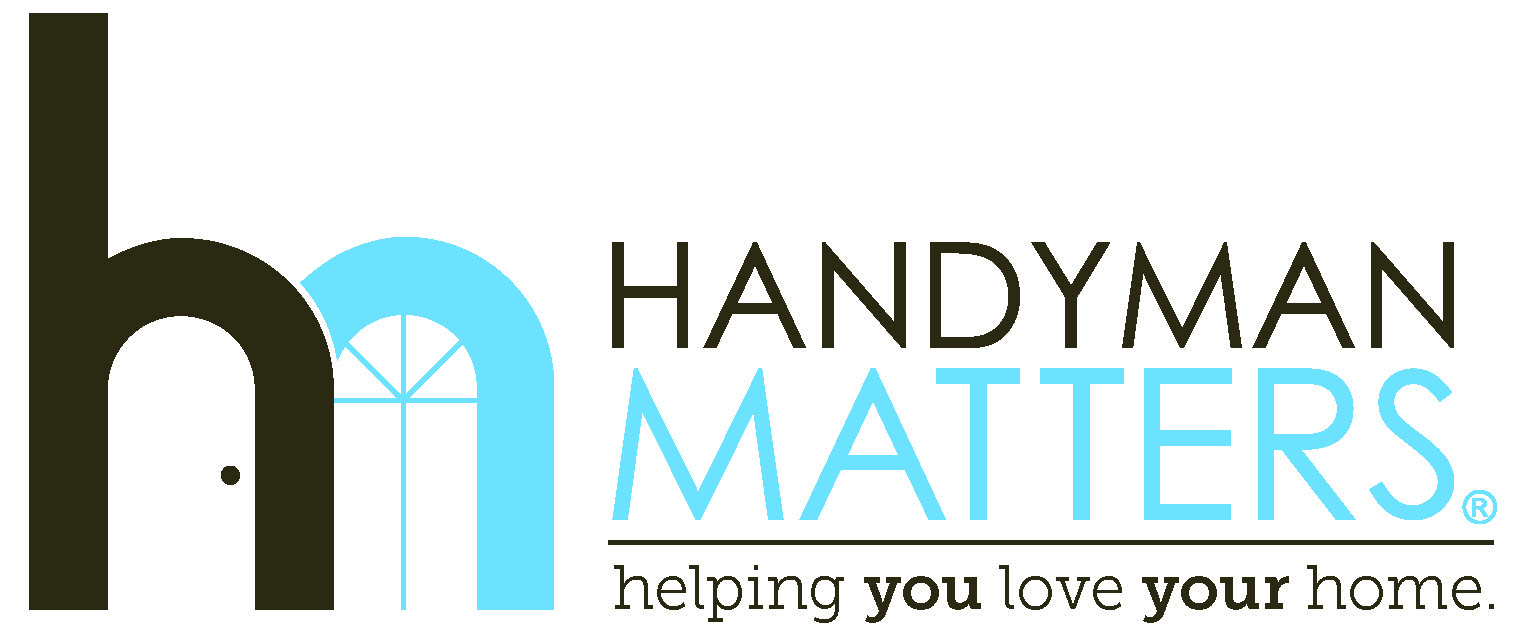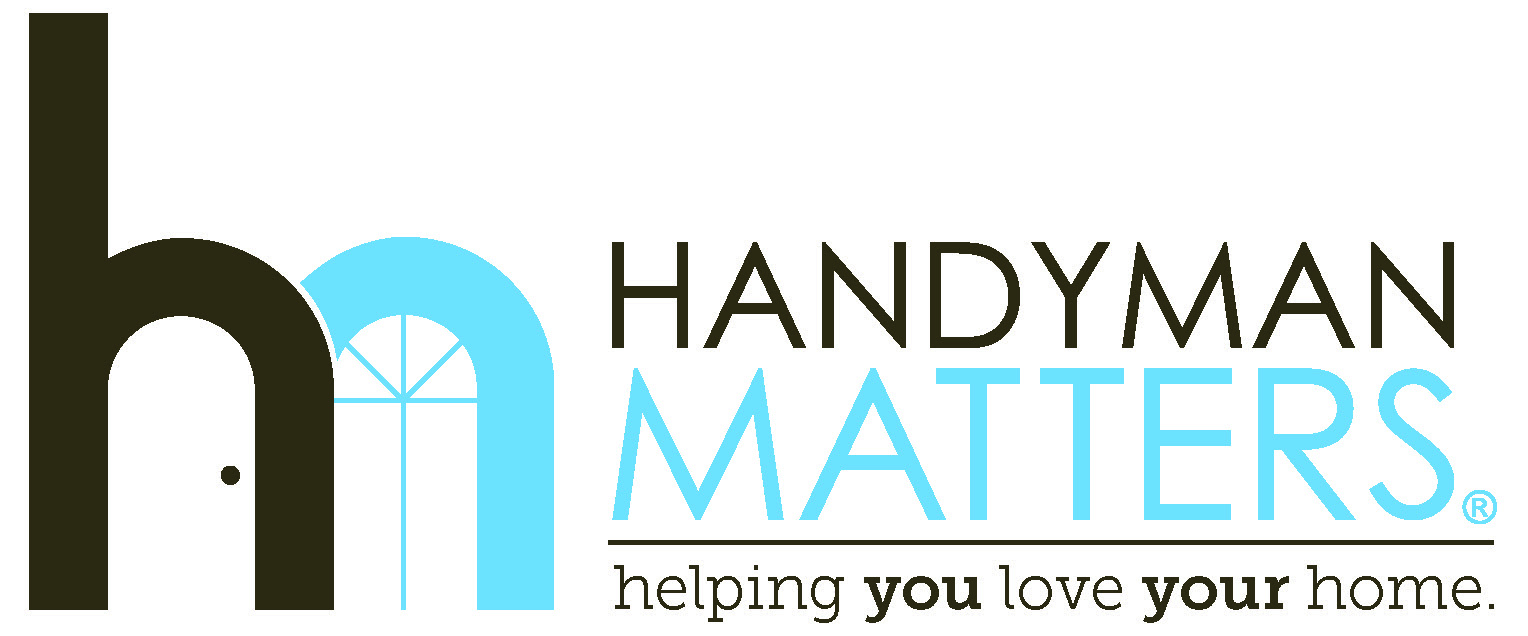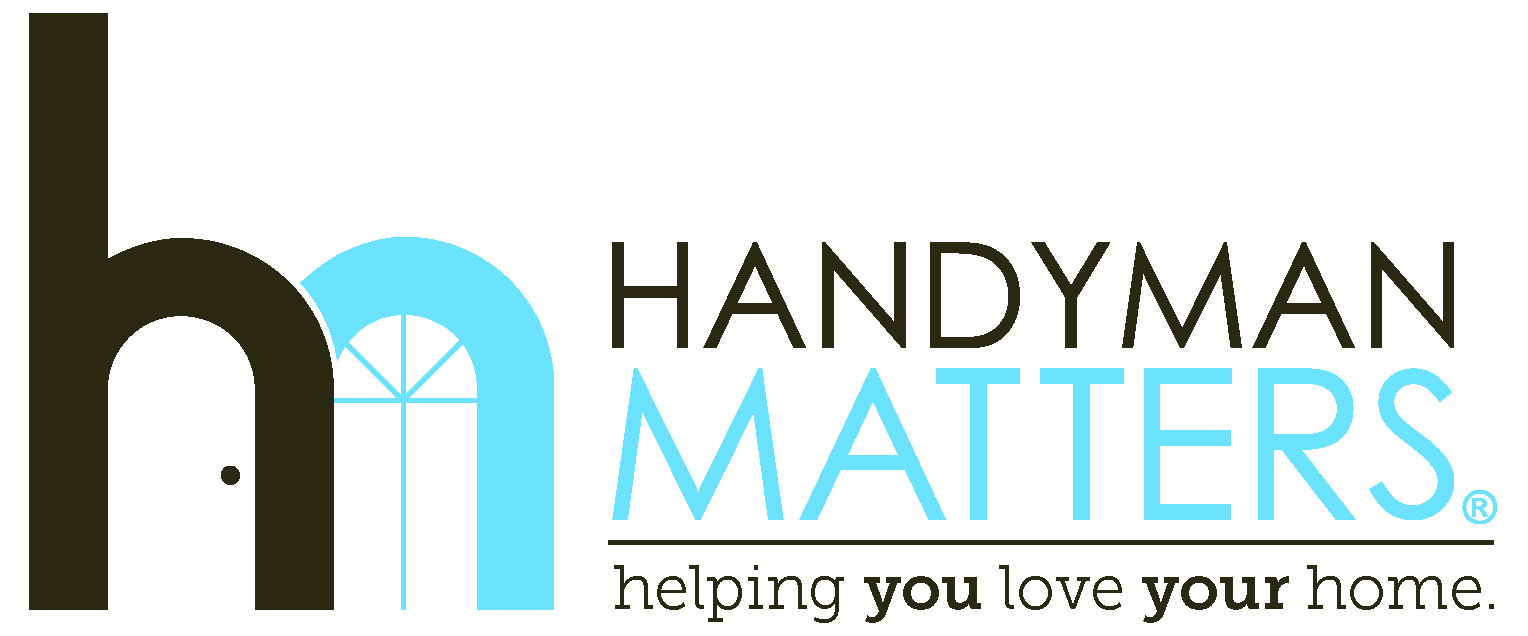I’m getting a lot of questions about hiring right now:
Should I hire?
When should I hire?
Who should I hire?
How should I hire?

Thinking about hiring makes a lot of people nervous. I think that’s because they don’t know the answers to those four questions—the last one, especially. Even if you’ve decided to hire and you know what role you want to hire for, the thought that you could end up hiring the wrong person with the wrong skills can make you drag your heels. Maybe you even have the experience of hiring someone who didn’t work out.
I get it. You have things you want to accomplish, and you know how to get it done to your standards. Why should you bother hiring at all, if it’s such a hassle and so much is at stake?
Should I Hire? (aka Why Should I Bother?)
No man is an island. John Donne wrote that 400 years ago, and it’s as true today as it was then. If you want to make more money, reach your goals and fulfill the mission of your business or department, you can’t go it alone. There is no instance in the history of the world where a single individual made something great happen all on their own.
An example: We love to talk about Jonas Salk single-handedly curing polio, but scientists all over the world were working on vaccines at the same time and Salk himself worked with a team of virologists, researchers, technicians and assistants—not to mention thousands of Pittsburgh-area children and families who participated in the years of testing.
So, Should you hire? YES!—if you want your business to grow and succeed. Now, let’s talk about how to do it right.
When Should I Hire?
The answer to that question is also simple: As soon as you can afford to.
I know what many of you are going to say: “I can’t afford to hire anyone, Jim!” To that, I respond, “How can you not?”
First of all: It’s a lot less expensive to hire than you might think. For instance, think about the time you spend scheduling appointments or following up with prospects and clients. Those administrative tasks are essential to keeping your business running, but it’s not essential that you do them. Your time is valuable and you have a particular skill, whether that’s managing property, selling homes, designing landscapes or writing code.

Hiring someone at a lower price point to take care of some administrative tasks frees you up to do what you do best—and what brings in the money. You can hire a part-time virtual assistant for $250-300 a week, so ask yourself: How fast can you recoup that money? Pretty fast, I’m thinking.
(For more on the importance of having an assistant, please check out my podcast You Need an Assistant (You Really Do.) and my blog Find Time By Saving Time.)
Second of all: How busy are you? If you’re trying to do everything on your own, you’re probably pretty busy. That means things can fall through the cracks. A missed appointment or unpaid bill might seem like small change until you add up how much it costs to lose a prospect who could have been a client, or to pay a late fee. Plus, there’s the added expense of stress and frustration. If you’re stressed and frustrated, the people around you probably are, too. No one works at their best when they feel like that.
Hiring is an investment: You put money in, and what you get out is more money, more time and more life. That’s an investment I’ll make every time.
Who Should I Hire?
Here’s where our answers get a little more complex. The answer to Who should I hire?—meaning What role should I hire for?—is It depends.
If you don’t have an assistant yet, I strongly suggest you start there. Today. Right now.
After that, look at the work of your business and ask yourself What needs to get done, and how well is it getting done? Where there are gaps is where you want to hire. I usually see those gaps being caused by one of four things:
- 1. There’s work that isn’t a good use of your time. Like we talked about above, you don’t need to manage your calendar and get in the weeds with administrative work of your business.
- 2. There’s work that you dislike. We all think that if only we had more discipline, we’d do the things we don’t enjoy. Discipline definitely has a place in our lives, but here’s the reality: I don’t like bookkeeping and taxes, and I’m not good at it. If it’s up to me to do my bookkeeping and file my taxes, they will get done—but only after I’ve put them off, and stressed out over putting them off, and stressed out over how much time I wasted stressing out over putting them off instead of being productive. When I finally accepted this about myself and outsourced my accounting functions, it was a game-changer. I stopped dreading certain times of the month and the year and instead focused on work I love, and that I’m good at. Talk about boosting my morale—and my bottom line!
- 3. There’s work that needs more people to do it right. Say you’re managing properties, and you’re doing such a great job selling your services, you have too many doors to take care of by yourself. Or you have so many appointments with prospects, you’re struggling to keep up with moving those people through your pipeline to close the sale. In those awesome scenarios, it’s time to hire an assistant property manager or assistant sales associate.
- 4. There’s work that requires a skillset you don’t have. My business has three divisions: coaching and consulting, speaking, and training. I’ve always wanted to do more webinars and events, but I never seemed to make it happen at the level I wanted. That’s because planning, filling and running events is a different set of skills from coaching, consulting and speaking. Enter my new Director of Great Stuff, Kimberly. Kimberly loves putting on events and webinars—and she’s great at it. By hiring her, I’ve expanded the capabilities of my company.
I said this answer was more complex and I do encourage you to look at the work of your company through these four lenses, but let me simplify it: When asking yourself What role should I hire for?, focus on your pain points. What needs to get done that isn’t getting done? That’s your hiring priority.
How Should I Hire?
We’re going to dig into this question, but let’s start with the simple version of the answer: Have a plan for before, during and after.
Most people think it’s enough to put together a job post, have some interviews, and hire the person who seems like the best skills match. Then they wipe their hands, go back to their own work and are surprised when their exciting new hire crashes and burns.

Maybe you get a little more sophisticated by having not just a job post but a job description, not just a skills interview but a behavioral interview. That’s covering more bases, right? You’ve identified a person who’s a great skills match and has the right attitude and personality traits. They can certainly hit the ground running and be amazing, right?
Wrong.
If you want an employee who can really invest in your business and help you grow and scale, you need to really invest in the process of hiring. That’s where the Before, During and After plan comes in.
Before the Hiring Process
Everyone knows you need a job post to advertise a position, and a lot of people will base that post on a description of the role. Where I see people get it wrong is in how much energy and detail they put into the job description and post.
A good job description includes a checklist that spells out the duties of the position. A great job description also includes a definition of success: what it means for the person in the role to win.
A good job post sells the job. A great job post also sells your company by sharing your vision and mission. You want to hire someone who is passionate about what your business does, so make sure your own passion shines in the job post.
During the Hiring Process
When envisioning the right person for a job, it’s natural to think first about skills: Does the person you’re interviewing have the education, experience and tools to complete the job? Most jobs do require some baseline skills, but skills can be taught to the right person. What makes the difference between a good employee (or, worse, a bad one!) and a great employee is how they approach projects and challenges in real life. You uncover that through a behavioral interview that gets to the heart of how a candidate acts, thinks and solves problems.
A quick pro tip here: Where you can, involve other team members in the hiring process. Getting multiple perspectives results in a deeper assessment.
After the Hiring Process
You wrote a compelling job post based on a detailed job description. It attracted the kind of candidates who are passionate about your vision and excited about the opportunity to work with you. Through a thorough behavioral interview, you identified an adaptable, motivated candidate who communicates well, loves to learn, solves problems and has a good-fit skillset. You were excited to offer them the job, and they were excited to accept it. They’ve filled out the paperwork and tax forms, and you’re both good to go!
Except that you’re not. Success doesn’t just happen, not even for the kind of A-team players you found by having a great Before and During process. Every new employee needs a guide to show them the ropes, integrate them into the team and culture, and make sure they have the tools and support they need to rock their new role.

The first 90 days are particularly critical, and I recommend breaking that time into three 30-day periods, with mentoring during each and check-ins at the end of each. A robust onboarding and orientation plan can truly make the difference between a hiring failure and a hiring success.
For more on setting up a great Before, During and After hiring plan, check out my blog and podcast Finding—and Keeping!—Great People.
Another great resource is the book Leadership and the One-Minute Manager by Ken Blanchard.
To Sum Up: How to Hire Right
Should I hire?
Absolutely!
When should I hire?
As soon as you can afford it—which means now!
Who should I hire?
First, an assistant. Second, a role to alleviate a pain point where work isn’t getting done or isn’t getting done well.
How should I hire?
By having a plan for before, during and after—and especially after.
I won’t lie to you: Finding the right person for the right position and setting them up for success requires effort. But you and your business are worth it. I know from personal experience that putting together the right team changes everything. I am more successful and more relaxed, and I have more ambitious goals for my business and myself, because I have the support of my amazing team.
I want to see you there, too. Please




































































